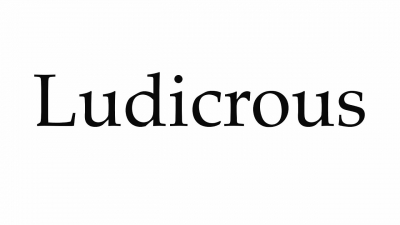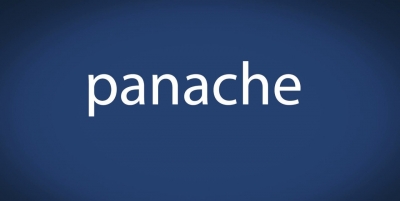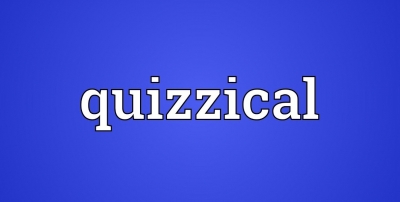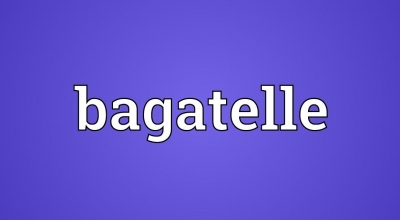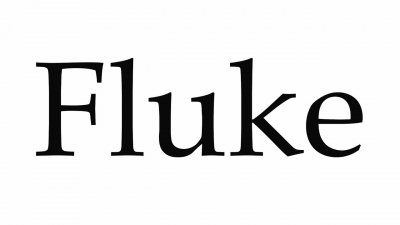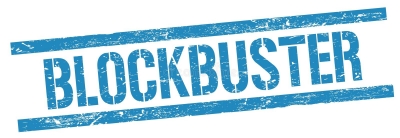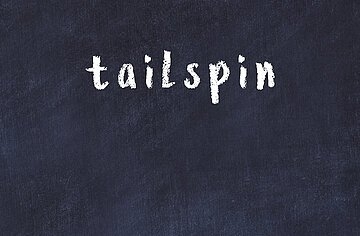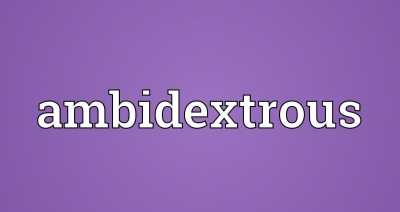What are the meaning, origin and usage of the word baton?
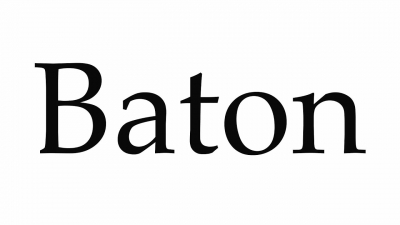
Baton
The word baton can refer to the thin stick used by a conductor to direct an orchestra, the short stick passed by one runner to another in a relay race or even a staff of authority or office. A relay runner carries and passes a metal or wooden baton to the next runner, and a baton twirler in a parade spins and throws a long, metal baton in the air as she marches. Police officers carry batons as well, heavy sticks that can be used as weapons. This is the original meaning of baton, from the Latin bastum, "stout staff."
Origin
The word, which has been around since the 1540s, is from the French word baton. This in turn is derived from French baston meaning stick, staff or rod and this is probably from the Greek baston for support.
Usage
If their exchange of batons had been more efficient, they probably would have won a medal in the race.
The majorette twirled the baton.
Picture Credit : Google
